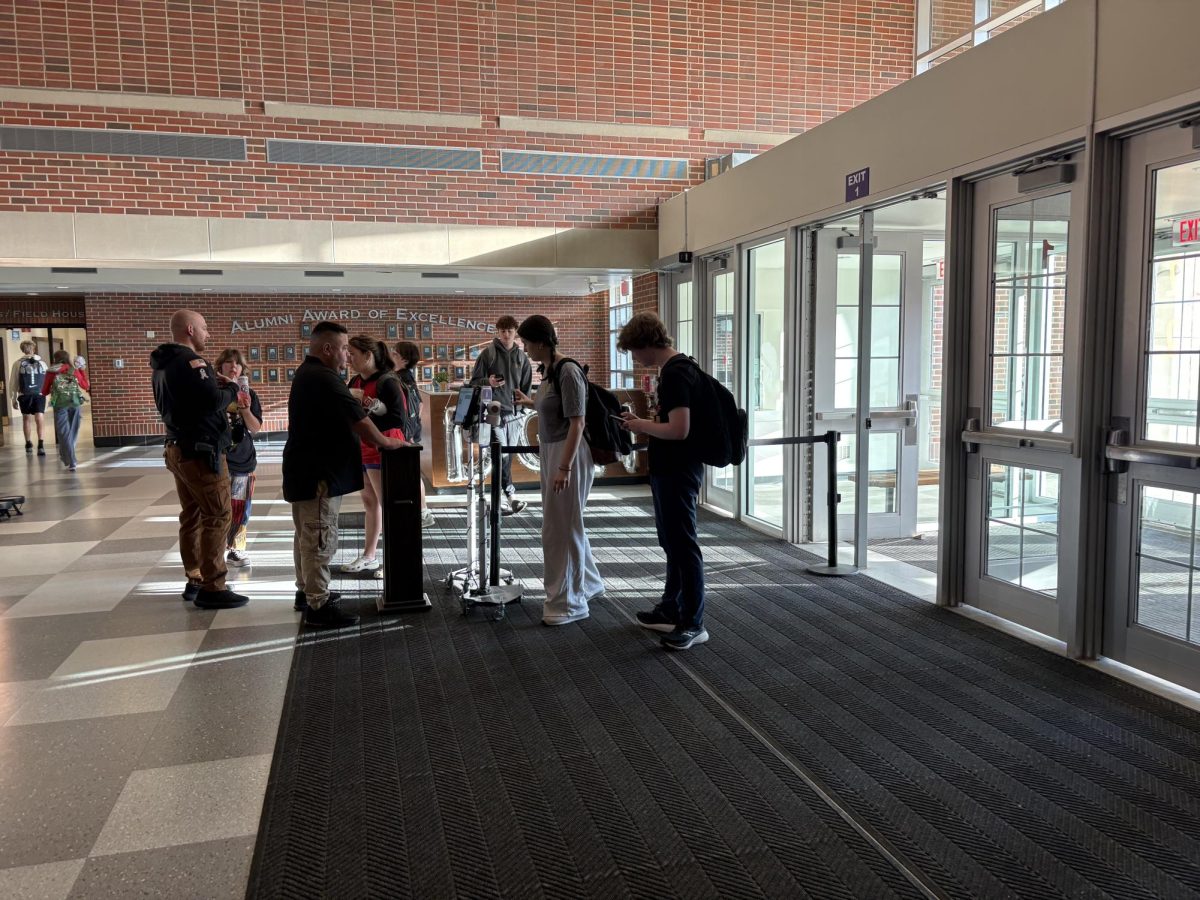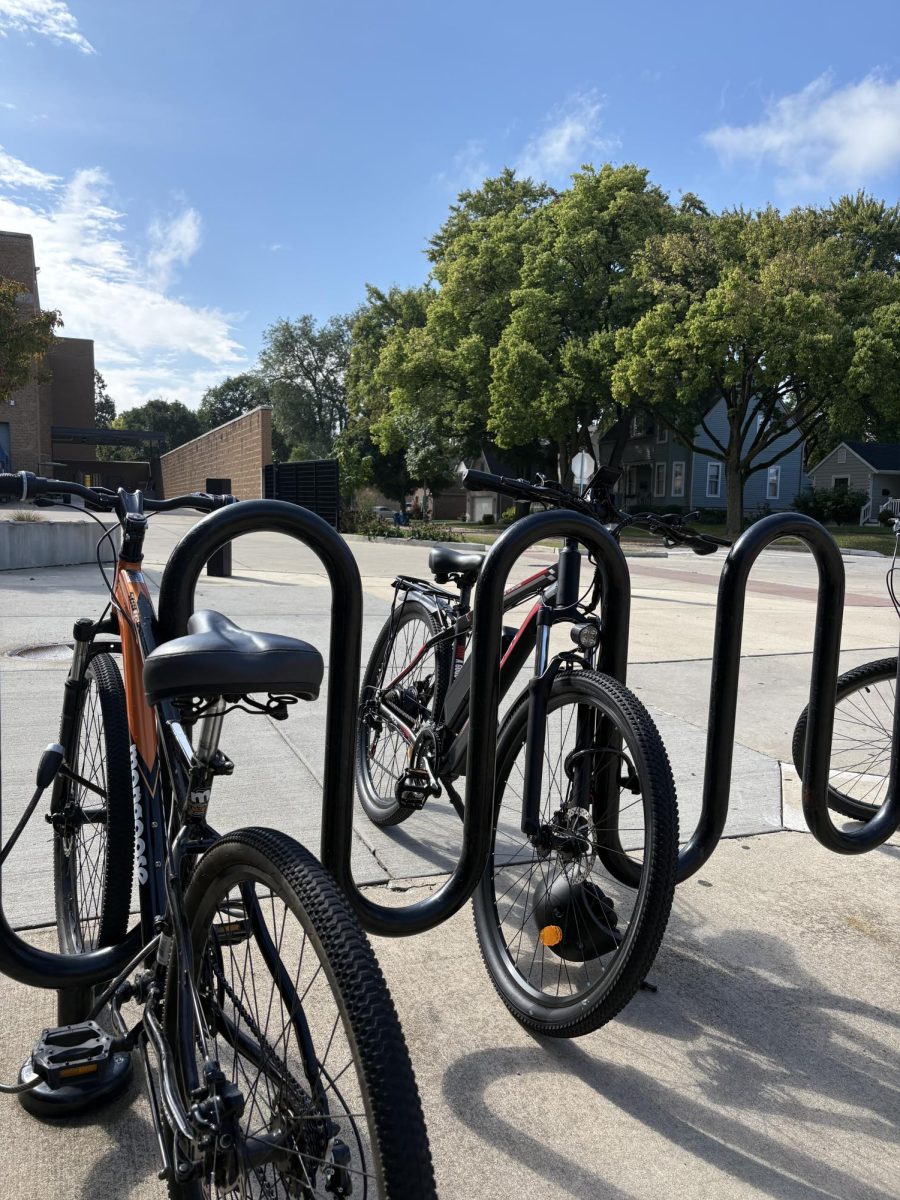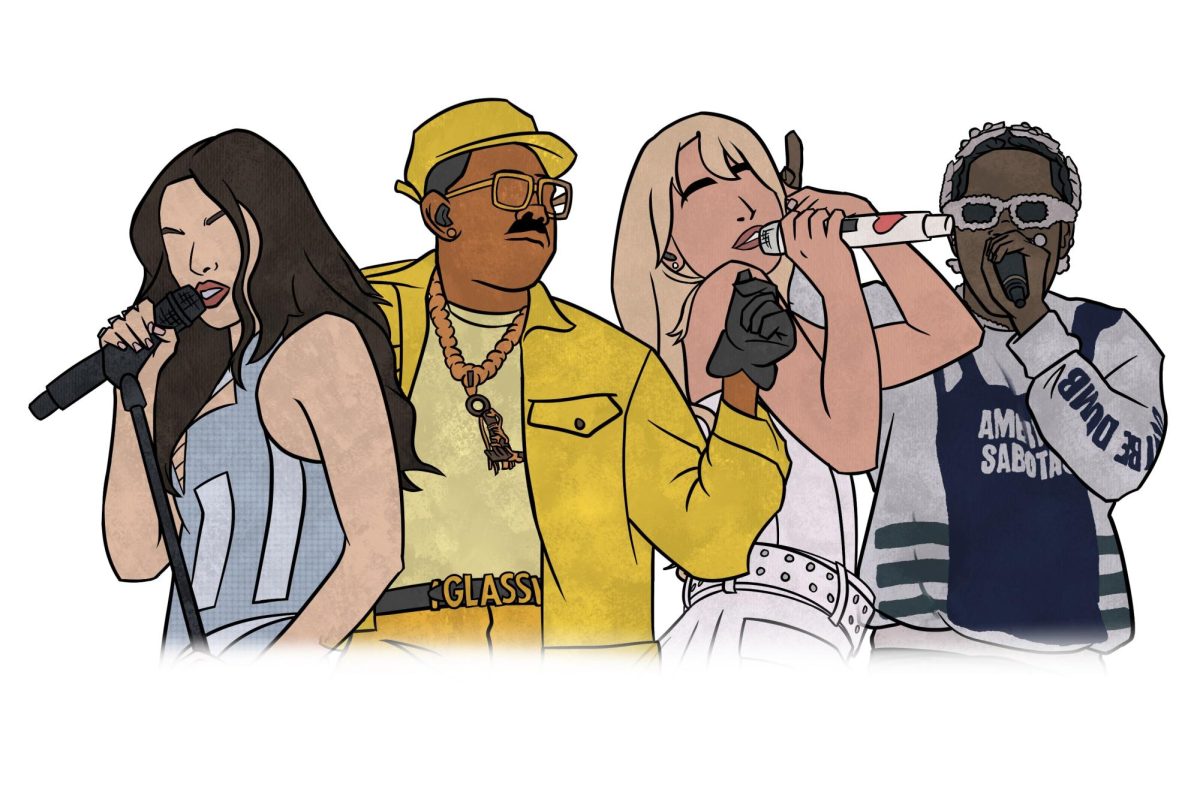My stance on giving your stance to the public
March 2, 2020
Last semester in Mr. Lichtenberg’s AP Government class, a variety of contentious political issues were discussed within graded class discussions (and outside of them). Despite being one of the very few conservative-leaning people in the class (one of three, by my count), I felt fairly comfortable with giving my take and having those views challenged respectfully.
Everyone involved learned a lot, some changed their positions on certain topics, and most gained a new respect for opposing points of view they may have dismissed as uninformed just months ago. It was refreshing and informative.
That class was an outlier in my experience relating to political debate at DGN.
More frequently, in English or social studies classes as well as among friends where we’ve had political discussions, I’m called out the instant I voice an opinion that differs from that of everyone else’s, immediately confronted with three consecutive counterarguments, and not always granted a chance to respond.
I’ve found that if I just state the barest bones of my argument, people demand that I expand upon it, all the while combating every counterargument they can throw at me. It’s exhausting, and the conversation quickly derails. If I don’t explain myself, I’m quickly attached to every radical stereotype people can think of.
As a freshman, I took every chance I got to start an argument, loving nothing more than a good political debate. Now, the going strategy is to cite a stat or debunk a point or two, all the while insisting I don’t have a stake in the issue. I’d hazard to call it a defense mechanism. I don’t want to be stereotyped and generalized. I don’t want to lose friends.
It may be the right choice, the mature choice, to stay silent, but I feel like I’m passing up an opportunity to teach someone something new. I don’t want an all-out argument, but I wish I could just bring to light one point they’re missing, one statistic. But if I speak my mind, I’m suddenly in the defensive position, wrapped up in an argument I never wanted.
I don’t deserve to be called a liar or a hypocrite every time I disagree with my peers. We can have an intellectual discussion without slinging personal jabs like monkeys sling mud. Challenging each other’s ideas is how we become more informed and well-rounded as people. Provided, of course, we’re willing to actually take what others say into consideration, rather than closing our eyes and ears and having more of an argument than a productive discussion.
After having been surrounded by people that almost universally live on a different side on the political spectrum, and participating in a lot of substantial discussions, I’ve learned a lot. I’m certainly more liberal now than I was as a freshman, though I still hold many beliefs that contrast those of my peers. It’s how we grow.
Mature debate isn’t for the purpose of changing minds, which is a pointless and selfish effort. It’s to spread facts to both sides, to become more knowledgeable and mature as a collective. We’re all wrong about something or another, and we all have points worth sharing. No one’s opinions are invalid or unrespectable, and if we stop treating them as if they are, we can all be more tolerant and better informed.



























